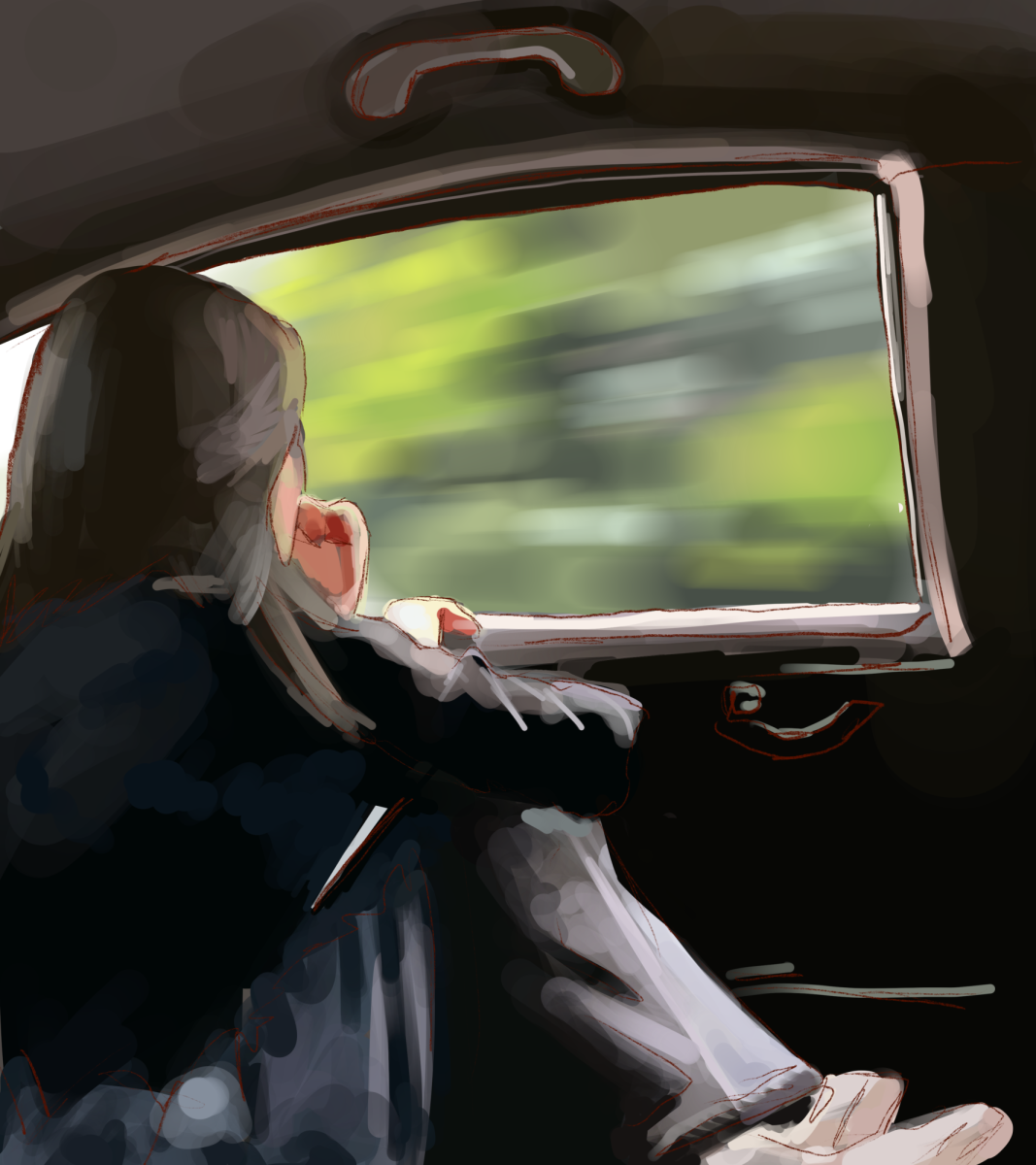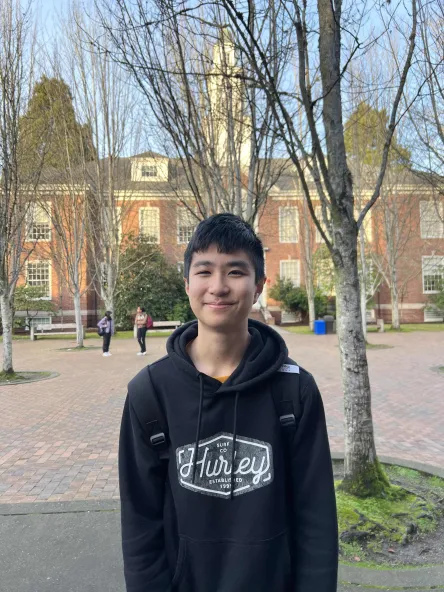Zoom lessons, masks, and social distancing — do those sound familiar? They still seem so recent. Yet, it has been more than five years since 2020; about a third of most of our lives has passed since quarantine. For an average American, five years is 6.4% of an entire lifetime. Right now, we are in high school. Five years ago, we were in elementary or middle school. Five years from now, we will be in or out of college. Time seems to fly by without us even knowing, and in the blink of an eye, our childhood is gone — and we can’t get it back.
Head of the counseling department, Dr. Meredith Sjoberg, explains why time can feel like it’s moving so fast: “You went into quarantine for a period of time, having only lived a certain number of years.”
Time is relative. We don’t look at time passed in years. We use our lifetimes as benchmarks. Think about how long our elementary school years felt. This is because waiting five years means going through our entire lifespan again.
When we are 13 and waiting to turn 18, it feels quicker. Sure, each day may feel long, jam-packed with school, sports, and homework. But now, we know that days turn into weeks. Weeks turn into months. Months turn into years. Suddenly, when viewing time on a larger scale, we don’t feel like we have too much of it.
If five years go by in the blink of an eye, maybe it’s because we are only truly living for a fraction of that. “There are some things that we do that will just distract us from what’s going on … and [cause us to] lose some time.” Dr. Sjoberg says.
According to the Daily Bulletin, if we live to 78, we will spend 28 years of our life asleep, 11 years working, four years in school, nine years on screens, 21 years on eating and other chores, and nine years of other activities. Which of those can truly be considered living, and which of them are necessities or just distractions?
Dr. Sjoberg says, “If you want time to slow down, then [you have to] work harder to be in the moment more often and [avoid things that] distract us from what’s going on.”
To essentially “live longer,” we should do what actually fulfills us. That means doing simple things. Work at a good job. Hang out with a good circle of friends. But, sometimes, this also means reflection and hard decisions. What does “good” really mean to us? If we can figure out what actually makes us happy, we can minimize distractions and focus our time on truly living.
At Lakeside, we are always in the mindset of moving forward and being productive. Living doesn’t have to be dynamic. We don’t have to be constantly doing something to feel fulfilled. Dr. Sjoberg says, “I think … for students here, that we’re not very good at slowing down. We’re not very good at resting …”
If we reach a sense of mindfulness, we can be more aware of the time around us. Time will not just slip away without us knowing. Certainly, we don’t have to go as far as waking up at 3:50 a.m. and drinking Saratoga water to reach a sense of mindfulness. It just means being present in the moment, understanding our emotions, having fun, and enjoying life. Dr. Sjoberg says there are three main elements to this wellness: “playtime, downtime, and family time. And every day, we should be getting some of that. And I think people don’t play as much as they used to or should.”
Enjoying the moment won’t necessarily make time pass by faster. It doesn’t always go faster when we are having fun — perception of time varies from person to person. Dr. Sjoberg says, “There are so many other factors that play into our perception of time. Physical health, emotional health, stressors in our life, general outlook, family circumstances … [could] slow it down or speed it up … it’s so individual.”
So, though Lakesiders may be tempted to try to control time, maximizing each second of our days in pursuit of high grades and prestigious internships, we cannot neglect the importance of real rest and recovery. This will help us be more aware of the time we have.
Time is weird. It’s like a river; we keep on getting washed downstream, without even realizing. Quarantine was five years ago but, even when five decades have passed since 2020, we will tell our grandchildren about social distancing and online school like it was yesterday. Sometimes, time may feel entirely out of our control, and to some, this may be scary. Instead of trying to fight back, maybe it’s better to just sit back, relax, and see where it takes us.




Arjun | May 27, 2025 at 4:38 pm
Good work Brian!